Aluminum die casting materials competition: Who is the best choice?
In the production process of aluminum die casting parts, the selection of aluminum die casting materials is a complex and critical process. Different aluminum die casting materials have different characteristics, and these characteristics directly affect the final performance and production cost of the product. Therefore, how to find an optimal balance between performance, cost, environment, use and other factors is the key to selecting the most suitable aluminum die casting materials. Since the selection of materials is so complicated, this article systematically lists the relevant content on how to choose, hoping to help you solve the problem.
1.Common types of aluminum die casting materials
Aluminum die casting is an efficient and high-precision metal processing process that is widely used in many fields. There are many types of aluminum die casting materials, and each material is used in different scenarios due to its unique performance characteristics. The following are several common types of aluminum die casting materials:
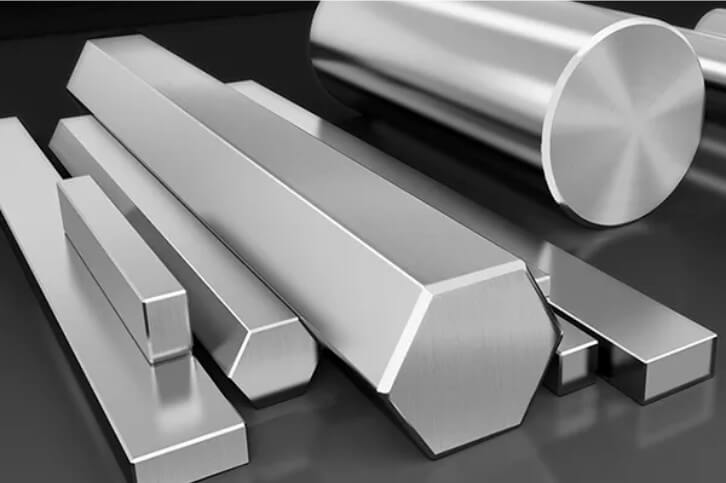
(1) Aluminum silicon alloy
Mainly includes materials such as YL102 (ADC1, A413.0, etc.) and YL104 (ADC3, A360).
Silicon is the main additive in this alloy, usually with a content between 6-12%, which helps to improve the fluidity of the alloy liquid and improve the surface quality of the product. Aluminum-silicon alloys are widely used in automobiles, home appliances, electronic communications and other fields.
(2) Aluminum-silicon-copper alloys
Such as YL112 (A380, ADC10, etc.), YL113 (3830), YL117 (B390, ADC14) and ADC12.
In addition to silicon, the addition of copper enhances the strength and tensile strength of the alloy, making it suitable for manufacturing parts that withstand greater pressure, such as automobile engine parts. A380 and ADC12 are widely used in the market and have high strength and hardness.
(3) Aluminum-magnesium alloys
Mainly include 302 (5180, ADC5,) ADC6 and other materials.
The addition of magnesium significantly improves the strength and corrosion resistance of the alloy, and the aluminum-magnesium alloy can be oxidized and colored. ADC6 material has excellent corrosion resistance and is often used in equipment manufacturing in outdoor and marine environments.
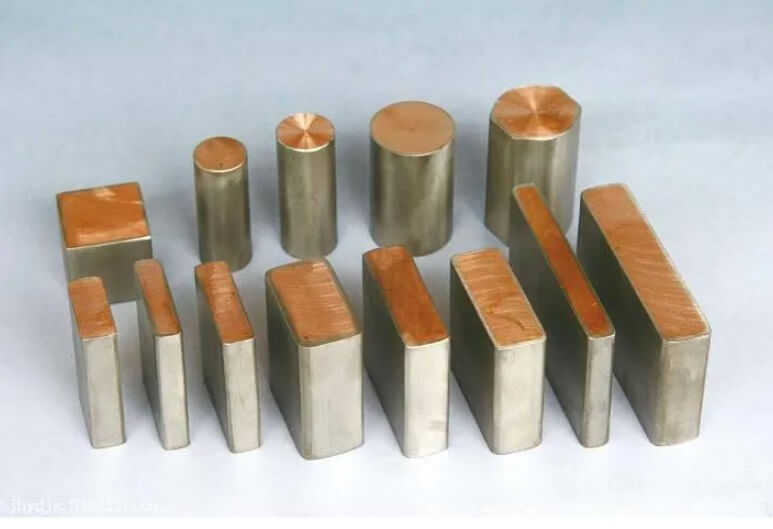
(4) Special aluminum alloys
Including aluminum-zinc alloys, aluminum-lithium alloys, etc., which are used in occasions with special requirements. For example, aluminum-lithium alloys have extremely low density and high strength, and are suitable for the aerospace field.
These special alloys can be customized according to specific needs to take into account multiple properties such as strength, thermal conductivity and corrosion resistance.
(5) High-purity aluminum alloys
High-purity aluminum alloys such as 6 series and 7 series aluminum alloys have good mechanical properties and corrosion resistance and are suitable for occasions with high material purity requirements.
These alloys are often used in aerospace and high-end electronic equipment manufacturing because they perform well in extreme environments.
(6) Die-casting mold materials
In addition to the aluminum alloy material itself, the aluminum die-casting process also requires the selection of suitable mold materials. Common mold materials include H13 steel, QRO series steel, Cr-N secondary hardening steel and maraging steel.
These mold materials need to have high hardness, high strength, wear resistance and good thermal conductivity to ensure the dimensional accuracy and surface quality of the die-cast products.
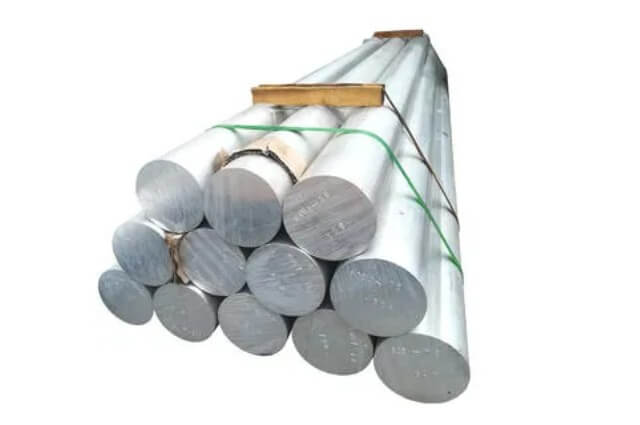
Summary:
Choosing the right aluminum die casting materials can not only ensure the excellent performance of the product, but also improve production efficiency and reduce production costs. The diversity of aluminum die casting materials provides a wide range of choices for different industrial applications, promoting the popularization and application of aluminum alloys in modern manufacturing.
2.Key characteristics of aluminum die casting materials
Aluminum die casting is a processing technology widely used in the manufacturing industry. Its materials need to have a series of specific characteristics to meet the requirements of efficient production and excellent performance. The following are the main characteristics that aluminum die casting materials need to have:
(1) Excellent fluidity and filling:
Aluminum die casting materials must have good fluidity to ensure that the molten aluminum liquid can quickly and completely fill every corner of the mold under high pressure. This not only helps to form complex and thin-walled castings, but also reduces defects and improves the yield rate. Aluminum alloys with good fluidity usually contain an appropriate amount of elements such as silicon (Si), which can significantly reduce the viscosity and surface tension of the alloy.
(2) Lower melting point and short solidification time:
Lower melting point and shorter solidification time help to improve production efficiency, reduce energy consumption, and reduce the tendency of castings to crack. The melting point of aluminum and its alloys is usually between 600°C and 700°C. This temperature range makes the aluminum die casting process technically and economically feasible.
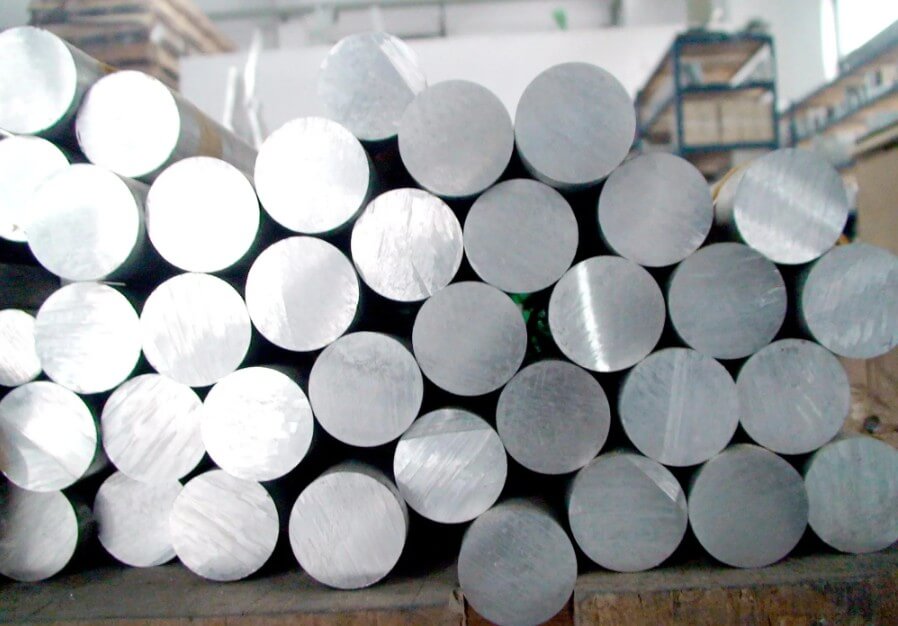
(3) Good mechanical properties:
Aluminum die castings are often used for structural and functional parts, so the material needs to have sufficient strength, hardness and toughness. This can be achieved by adjusting the alloy composition (such as adding elements such as copper and magnesium) and optimizing the heat treatment process. For example, aluminum silicon copper alloy (Al-Si-Cu) not only has good fluidity, but also has good mechanical strength and wear resistance.
(4) High and stable dimensional accuracy:
The dimensional accuracy and stability of aluminum die casting materials are crucial to ensure product quality. High-quality aluminum alloys should show a small solidification shrinkage and thermal expansion coefficient during the die casting process to ensure the consistency and long-term stability of the casting size.
(5) Good corrosion resistance:
Aluminum and its alloys can naturally form a dense oxide film in the air, which has good corrosion resistance. This makes aluminum die castings have good durability in most environments and are suitable for outdoor and chemical equipment.
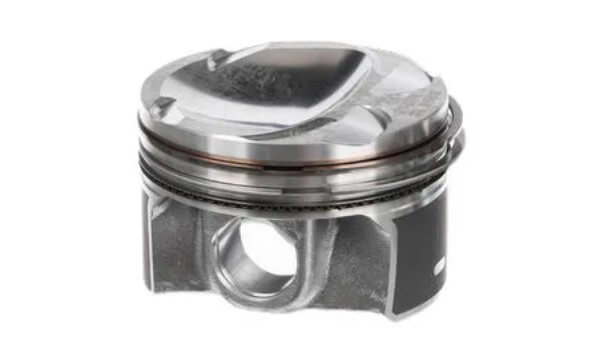
(6) Easy processing and surface treatment:
Aluminum die casting materials should have good machinability and surface treatment characteristics, such as sandblasting, anodizing, electroplating, etc. This not only helps to improve the appearance quality of the casting, but also further enhances its functionality and market competitiveness.
(7) Lightweight and low price:
The density of aluminum is about one-third of that of steel, which enables aluminum die-castings to significantly reduce the weight of products, in line with the trend of lightweighting in modern industry. At the same time, aluminum materials are abundant in resources, relatively stable in price, and have good economic efficiency.
(8) Good thermal conductivity:
Aluminum has excellent thermal conductivity, which makes aluminum die-castings perform well in applications that require good heat dissipation performance (such as radiators, engine parts, etc.).
Summary:
In summary, aluminum die casting materials need to have a series of key characteristics such as excellent fluidity, low melting point and solidification time, good mechanical properties, dimensional accuracy and stability, corrosion resistance, easy processing and surface treatment, light weight and low price, and good thermal conductivity to meet the application needs of different fields.
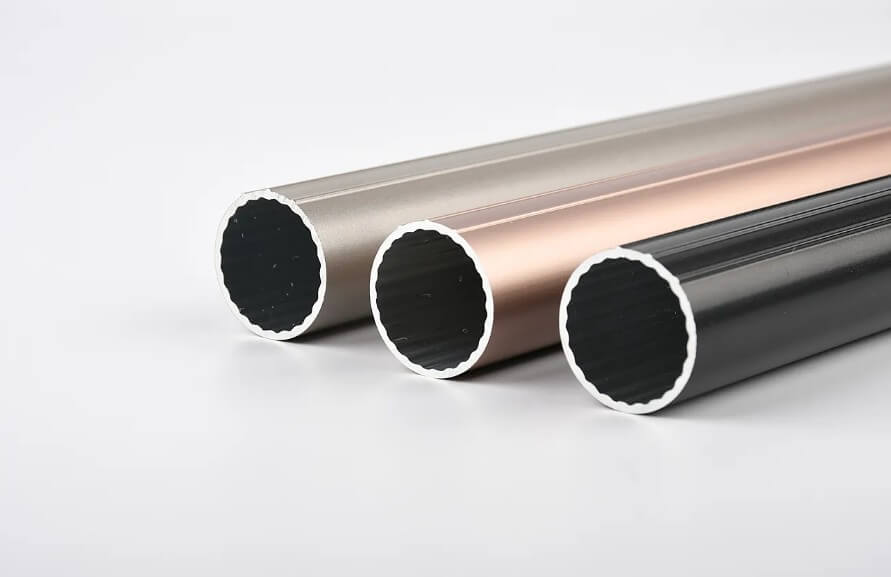
3.How to choose the most suitable aluminum die casting materials for aluminum die casting production?
When selecting materials for aluminum die casting production, it is necessary to comprehensively consider factors such as performance requirements, cost, machinability, weight and environmental impact. The following are the key steps to select the most suitable aluminum die casting materials:
(1) Determine performance requirements
1) Strength and hardness:
According to the purpose of aluminum die casting, select an aluminum alloy with appropriate strength and hardness. For example, 6061 aluminum alloy has medium strength and good mechanical properties, which is suitable for structural parts requiring higher strength and machinability.
2) Corrosion resistance:
In applications exposed to corrosive environments, select aluminum alloys with good corrosion resistance, such as 5052 aluminum alloy, whose magnesium content makes it perform well in marine environments.
(2) Thermal properties:
For parts that need to work in high temperature environments, select aluminum alloys with good high temperature mechanical properties, such as 2017 aluminum alloy, which can still maintain good mechanical properties at high temperatures.
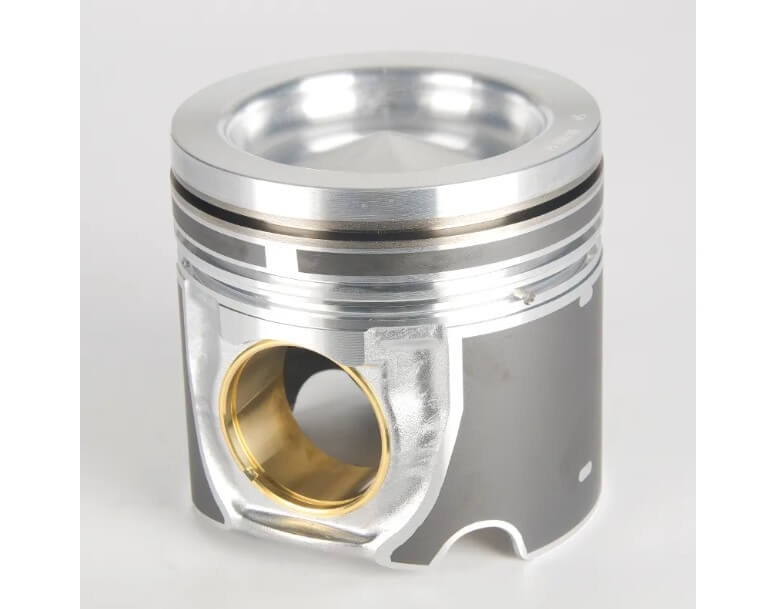
(3) Cost considerations
1) Material cost:
The cost of different aluminum alloy materials may vary and needs to be selected according to the budget. For example, A380 aluminum alloy has a low cost and is widely used in the automotive and home appliance industries.
2) Processing cost:
The machinability of the material affects the production cost. Selecting easy-to-process materials, such as ADC12 aluminum alloy, can reduce processing time and cost.
(4) Evaluate machinability
1) Flowability:
Good flowability helps fill complex molds and reduce defects. For example, A356 aluminum alloy has excellent flowability and is suitable for thin-walled and complex-shaped die castings.
2) Machinability:
Selecting aluminum alloys that are easy to cut, such as 6063 aluminum alloy, can improve production efficiency and extend tool life.
(5) Consider weight factors
Lightweight properties:
The lightweight properties of aluminum alloys make them widely used in products that require weight reduction, such as the automotive and aerospace fields. Selecting aluminum alloys with lower density, such as 7075 aluminum alloy, can significantly reduce product weight.
(6) Consider the application scenario
Specific use:
Select materials according to the final use of aluminum die castings. For example, aluminum alloys used for automobile engine pistons need to have high strength and long life, and 7075 aluminum alloy or inconel625 alloy are often selected.
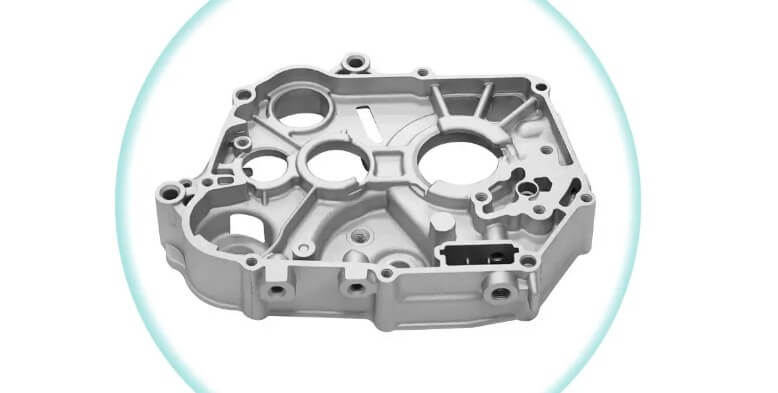
(7) Environmental impact assessment
1) Recyclability:
Aluminum alloys have excellent recyclability. Selecting materials with high recyclability helps reduce environmental burden.
2) Environmental friendliness:
In the process of material selection, the impact of its entire life cycle on the environment should be considered, and aluminum alloy materials with less environmental impact should be selected.
(8) Consult professional advice
Consult a casting manufacturer:
When selecting aluminum die casting materials, consulting a professional casting manufacturer can provide valuable advice to help choose the most suitable material for a specific application. If you have this need, then the Lvxun team is well-equipped and experienced to provide high-quality processing advice and casting solutions. Lvxun will be your ideal choice. If you need more information or want to discuss your needs with us, please feel free to contact us.
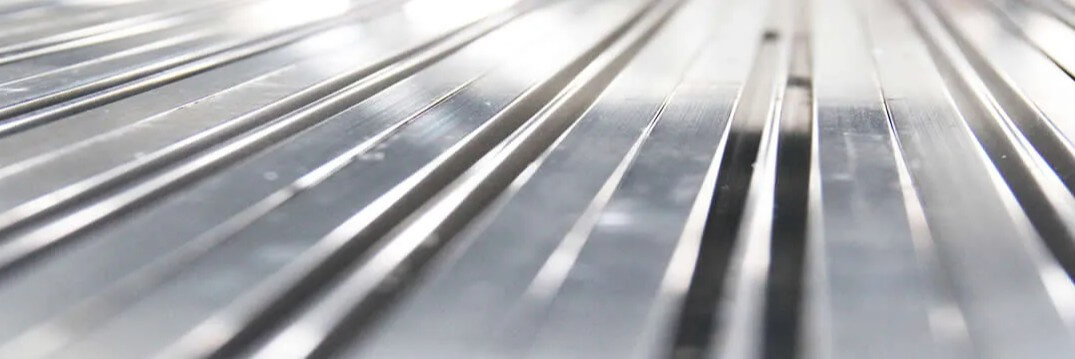
Summary:
In summary, the selection of the most suitable aluminum die casting materials requires comprehensive consideration of factors such as performance requirements, cost, machinability, weight, use and environmental impact. Through scientific evaluation and reasonable selection, the quality and performance of aluminum die-casting parts can be ensured, while reducing production costs and reducing environmental impact.
4.Summary
The selection of aluminum die casting materials is an indispensable part of the die-casting process. It is directly related to the performance of the product, the service life of the mold and the economic benefits of production. Only by fully considering the product’s use environment, performance requirements, cost budget and other factors, and carefully selecting the appropriate aluminum die casting materials, can excellent products be cast to meet the diverse needs of the market.

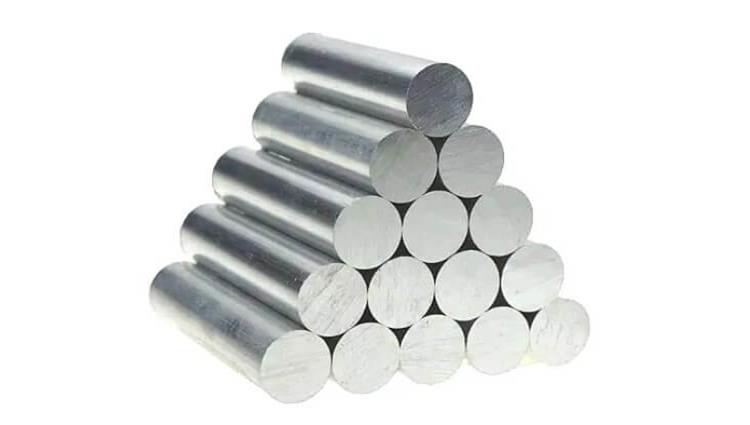
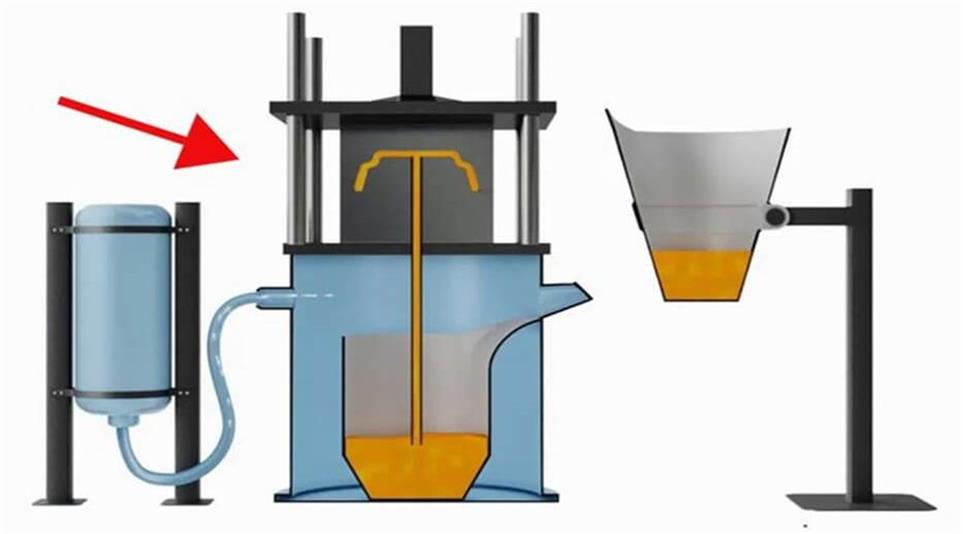
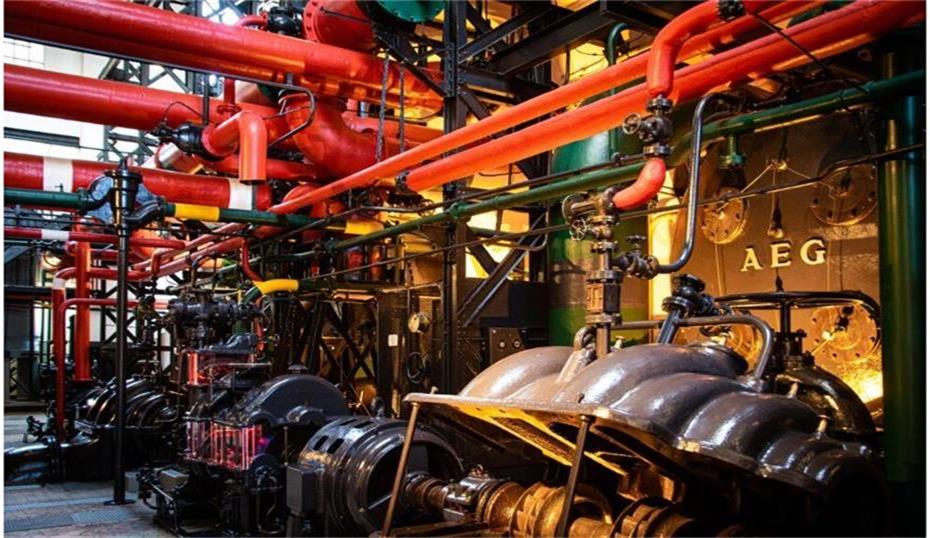
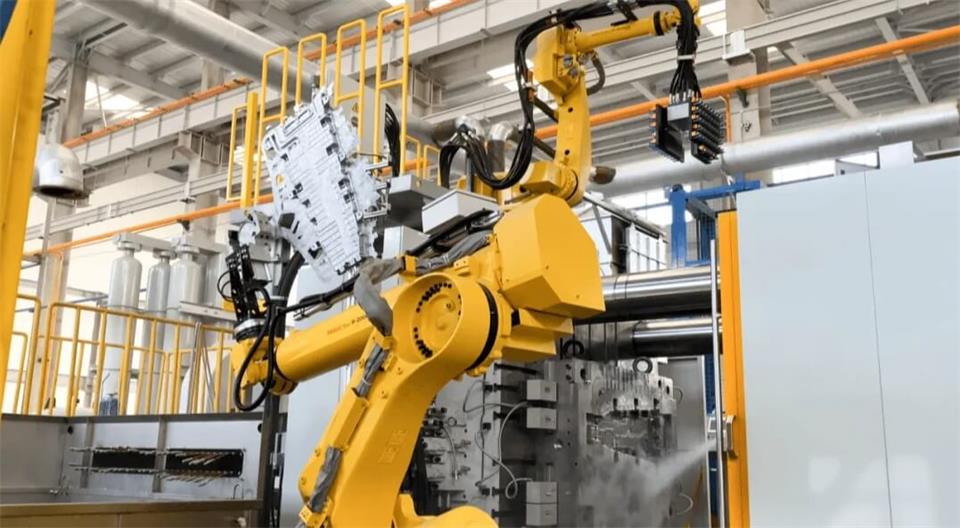
What do you think?
[…] to choose the right aluminium alloy material according to the aluminium grades for […]